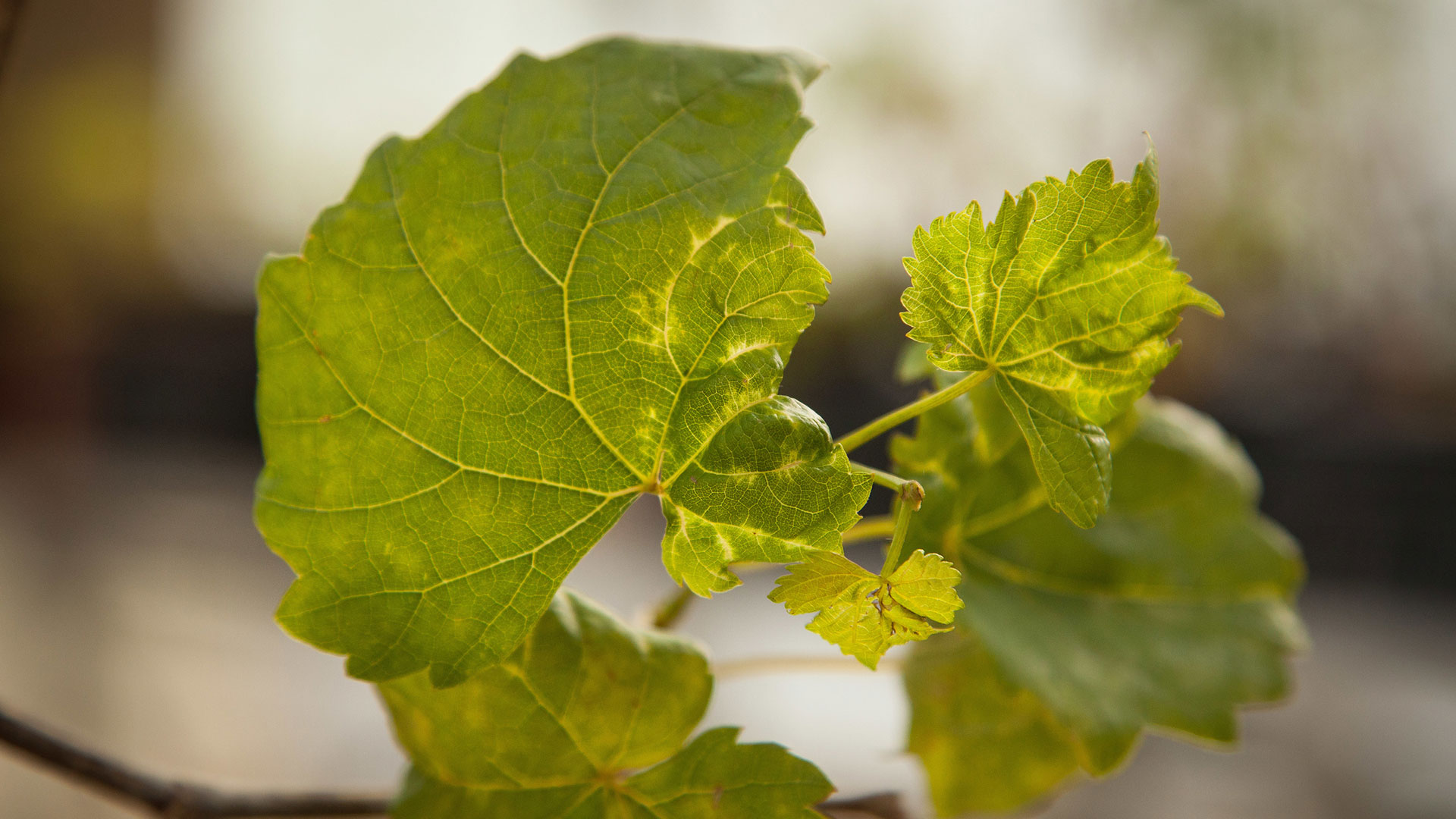Grapes are susceptible to many viral diseases that may affect berry quality, cause vine decline, and premature vine death. Unlike in fungal and bacterial diseases, chemicals cannot control a viral disease. The most effective strategy to mitigate viral diseases in your vineyard is to start clean by planting clean vines, and utilizing appropriate insect control measures to maintain them, and removing virus-infected vines.
The following wine grape varieties have been tested free of major grapevine viruses by the most sensitive method and are available at the Missouri State Fruit Experiment Station:
Red grapes
Chambourcin
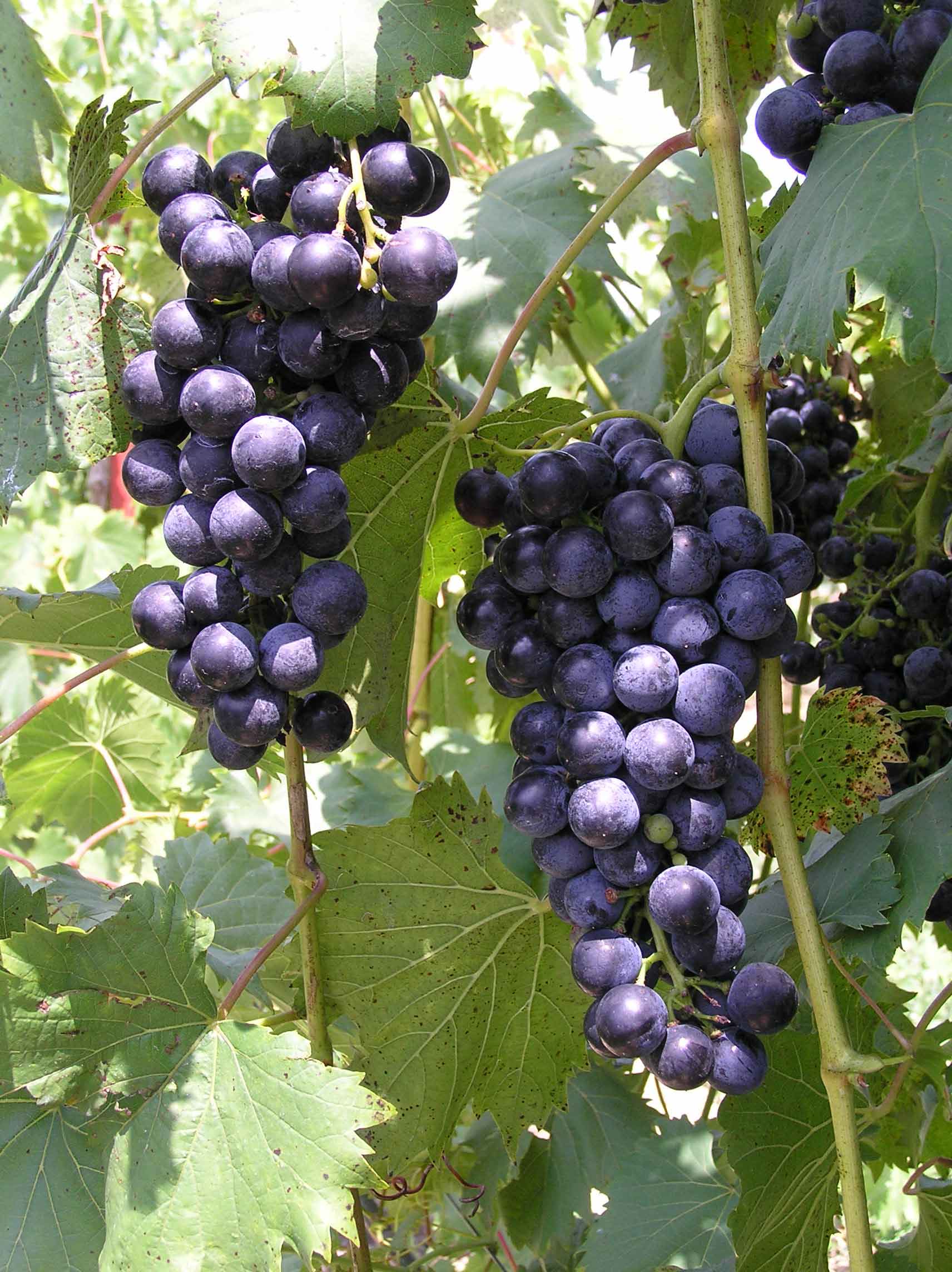
- Hybrid grape, late season ripening
- Large, loose clusters, vigorous grower
- Needs a long growing season
Norton
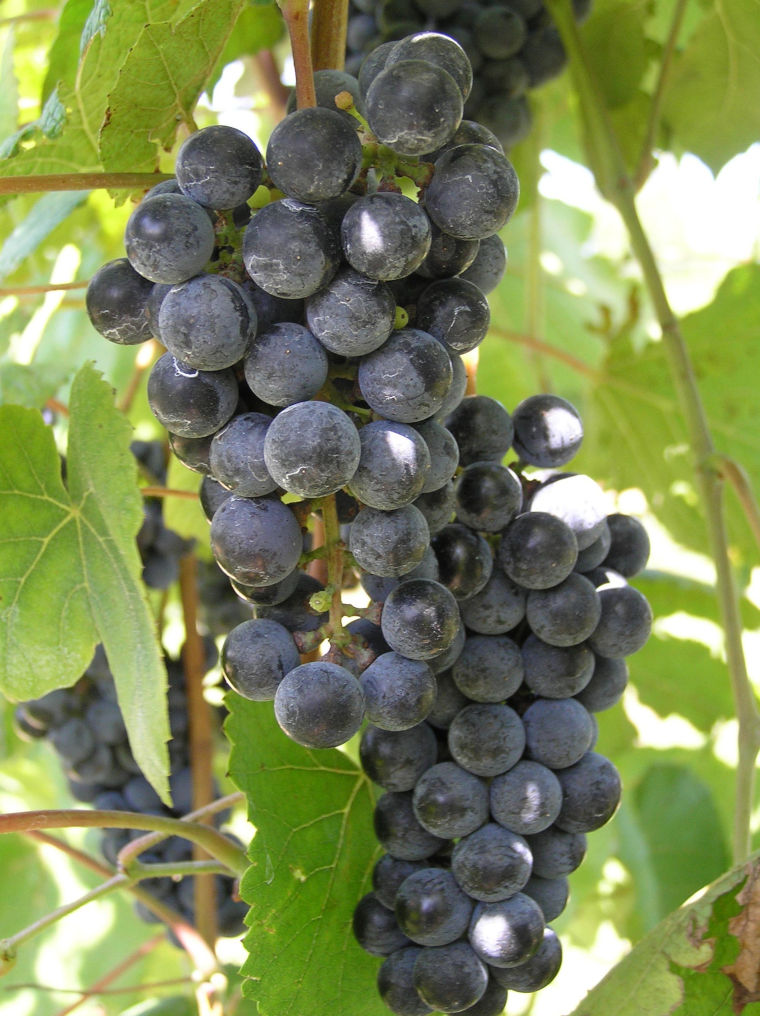
- Thought to be an American species of grape, Vitis aestivalis
- Late ripening (October), disease resistant
- Small berries and clusters
White grapes
Cayuga White
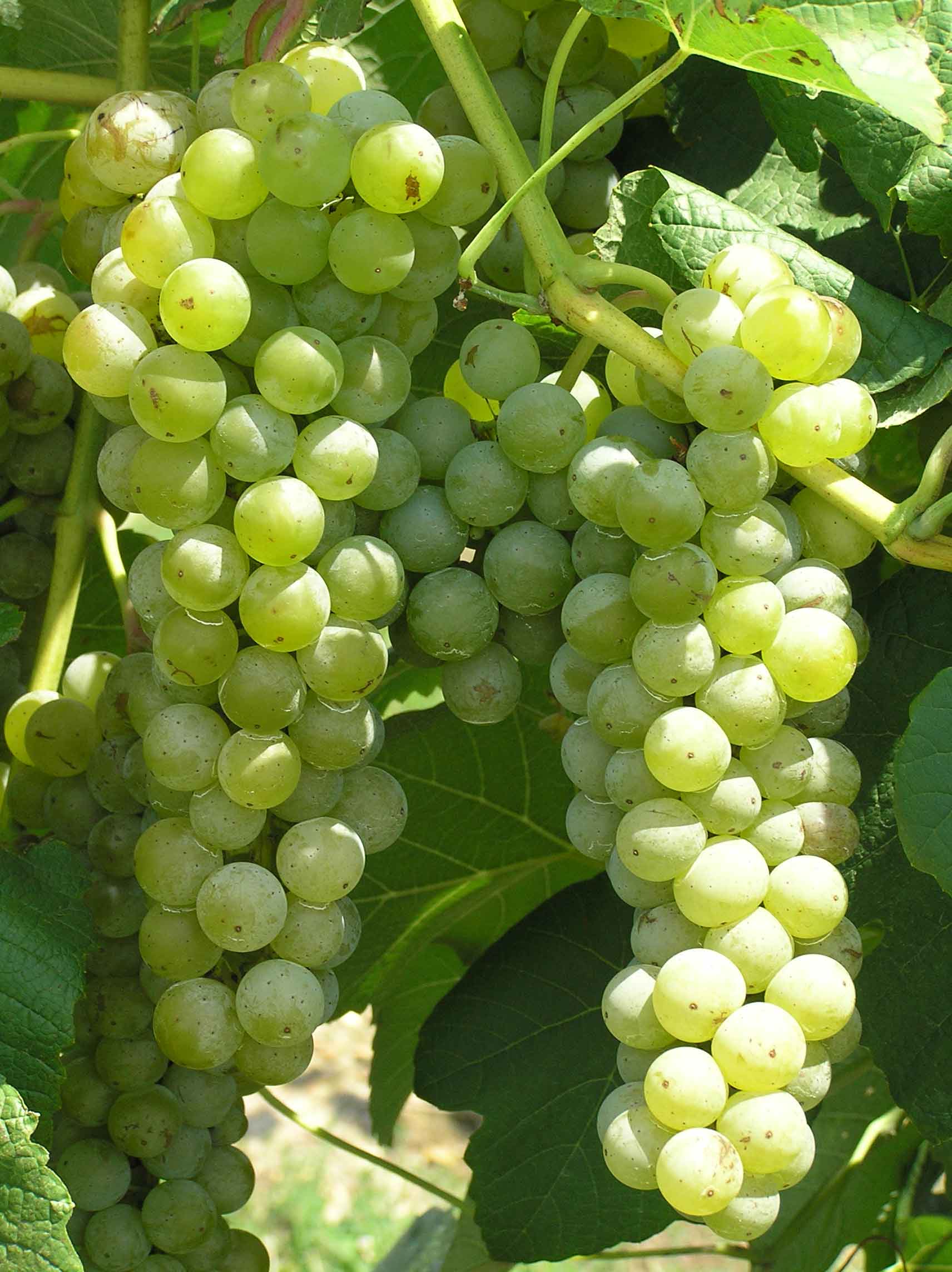
- Hybrid grape, early ripening
- Often harvested in the early ripening stages
- Fairly disease resistant; Productive
Chardonel
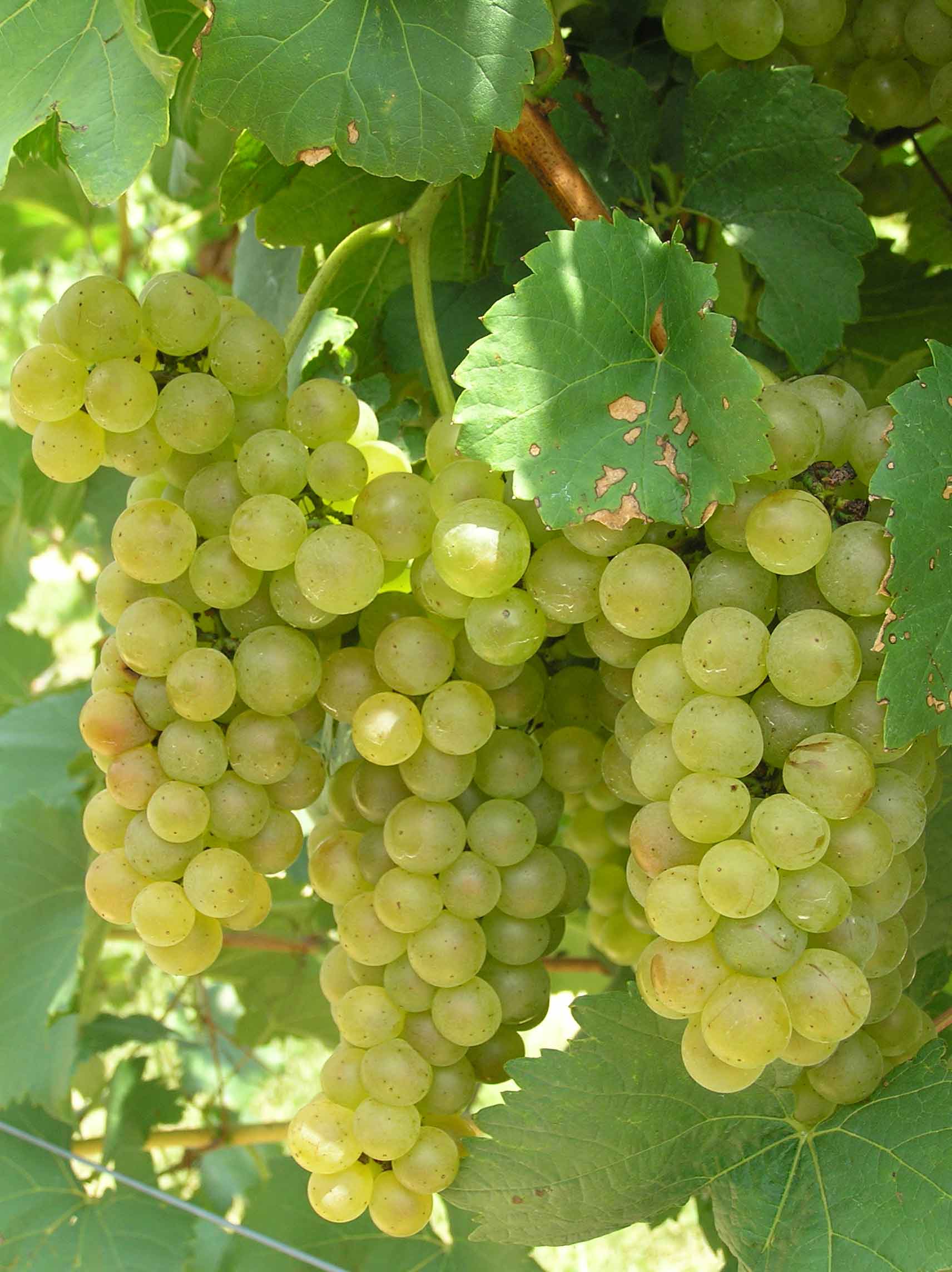
- Hybrid grape, late-season ripening
- Seyval blanc and Chardonnay cross
Norton Blanc (NC-6)
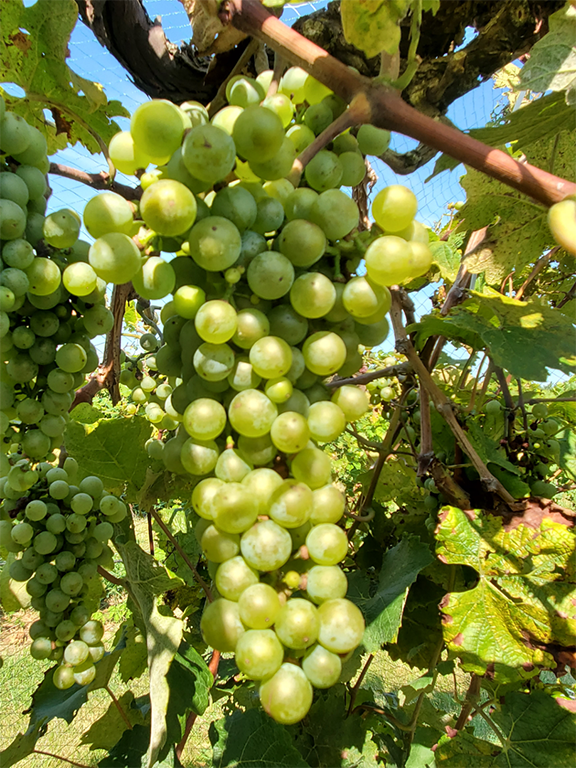
- Hybrid grape of Norton and Cabernet Sauvignon
- Small clusters, not extremely tight
- Late bud break and later harvest than most white grape cultivars
- Moderate disease resistance
Orion
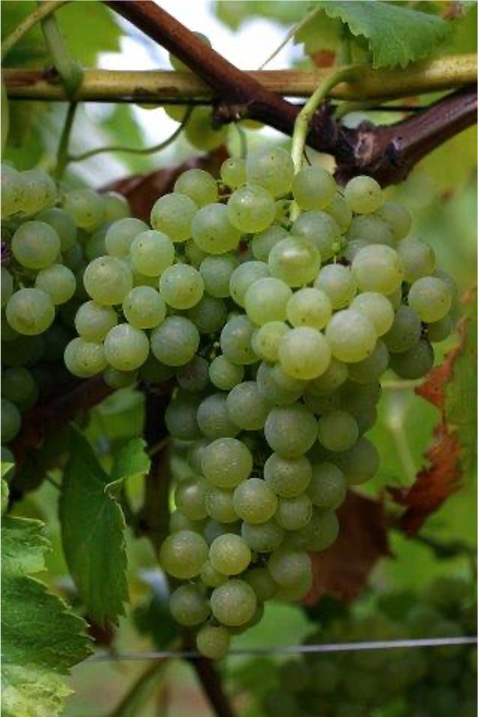
- Hybrid disease resistant grape
- High yield, frost hardy
Traminette
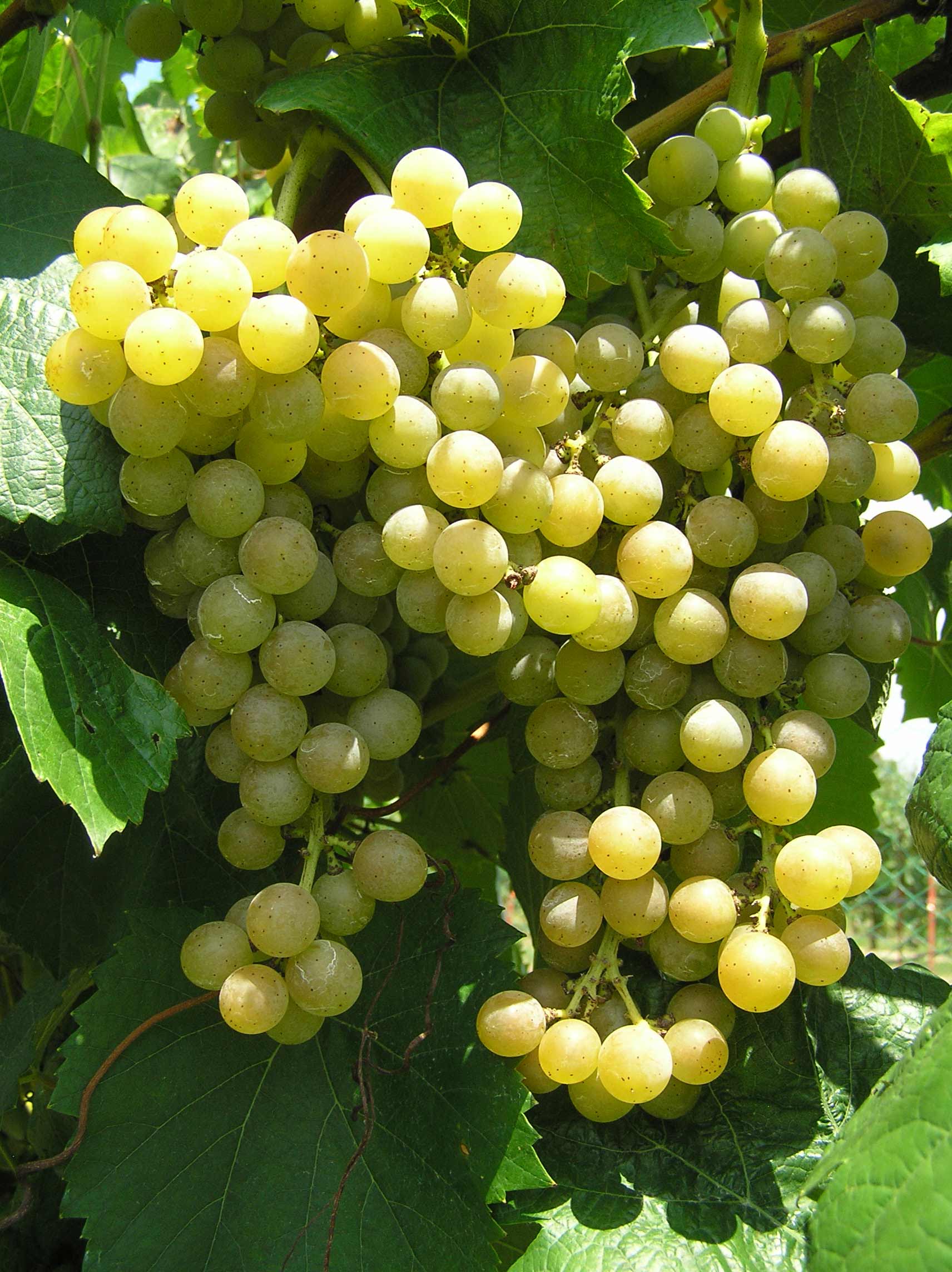
- Hybrid grape, late ripening
- Gewuerztraminer cross
Vidal Blanc
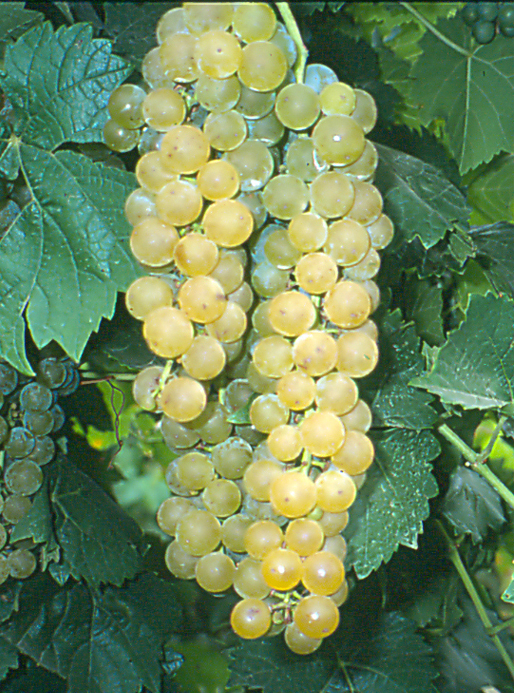
- Hybrid grape, mid season ripening
- Long loose clusters, needs cluster thinning
Vignoles
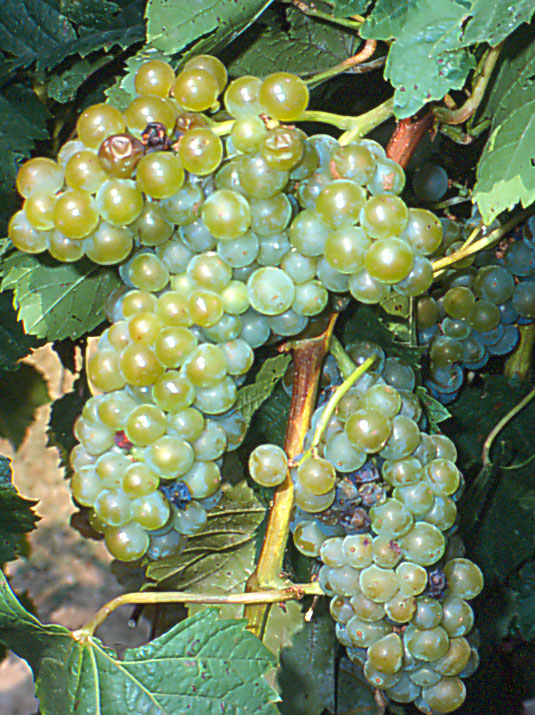
- Hybrid grape, suitable for many
- Styles of wine, midseason ripening
- Very tight clusters
Vivant
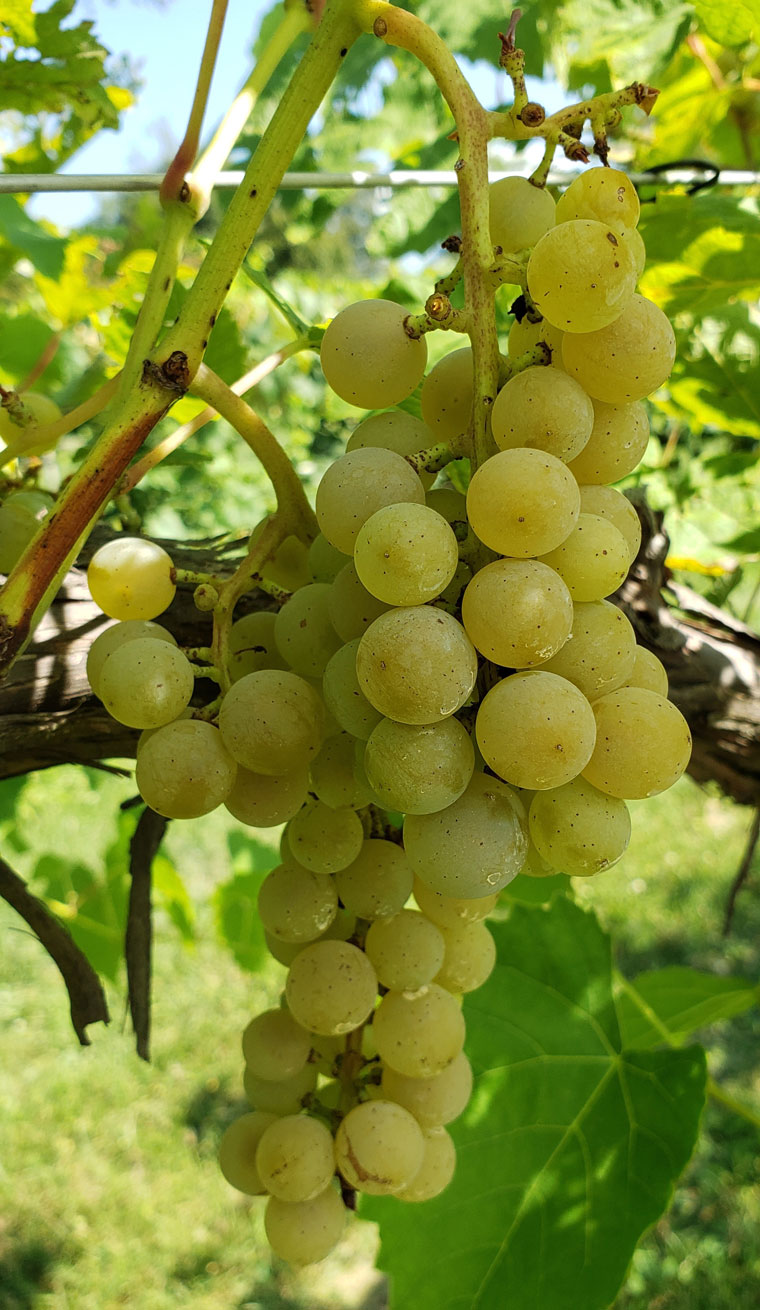
- Hybrid grape
- Highly productive
- Will need cluster thinning
More information
For more information on grape cultivars check the National Grape Registry.
Ordering Schedule, Pricing and Ordering Information
For questions about availability or additional information about cultivars, please contact:

Mailing Address:
Missouri State University Fruit Experiment Station at Mountain Grove 9740 Red Spring Road Mountain Grove, MO 65711This program is supported by the Clean Plant Network and the Missouri Wine and Grape Board.
